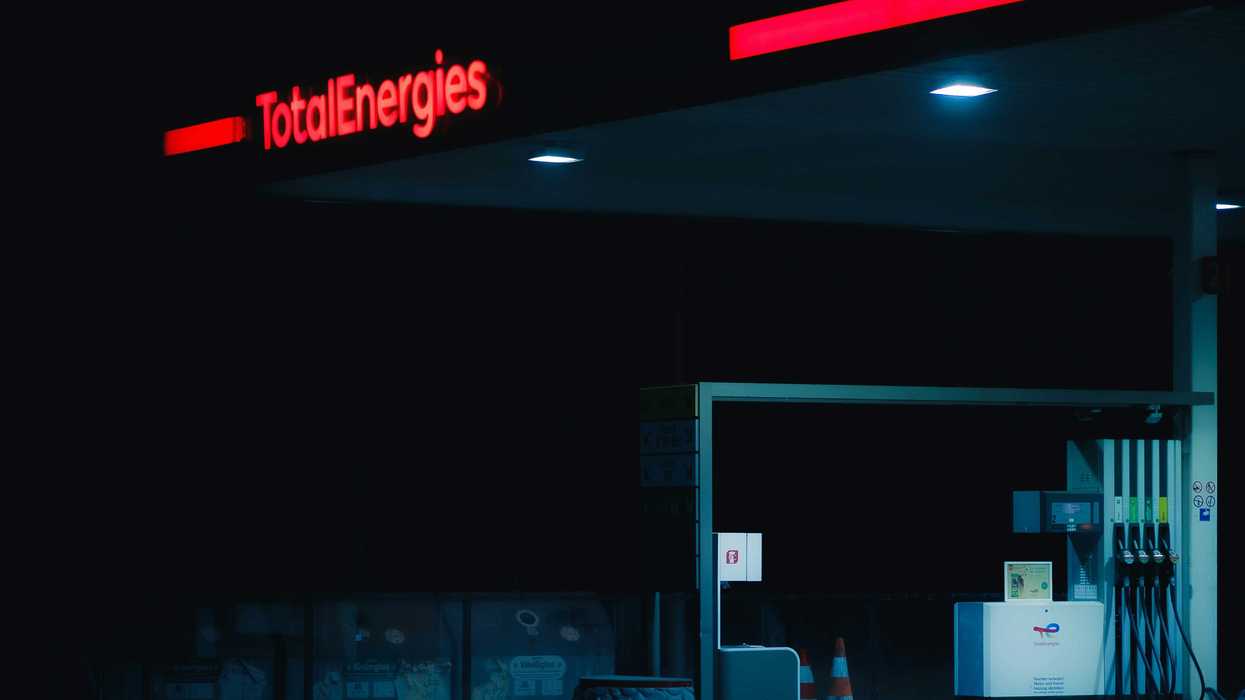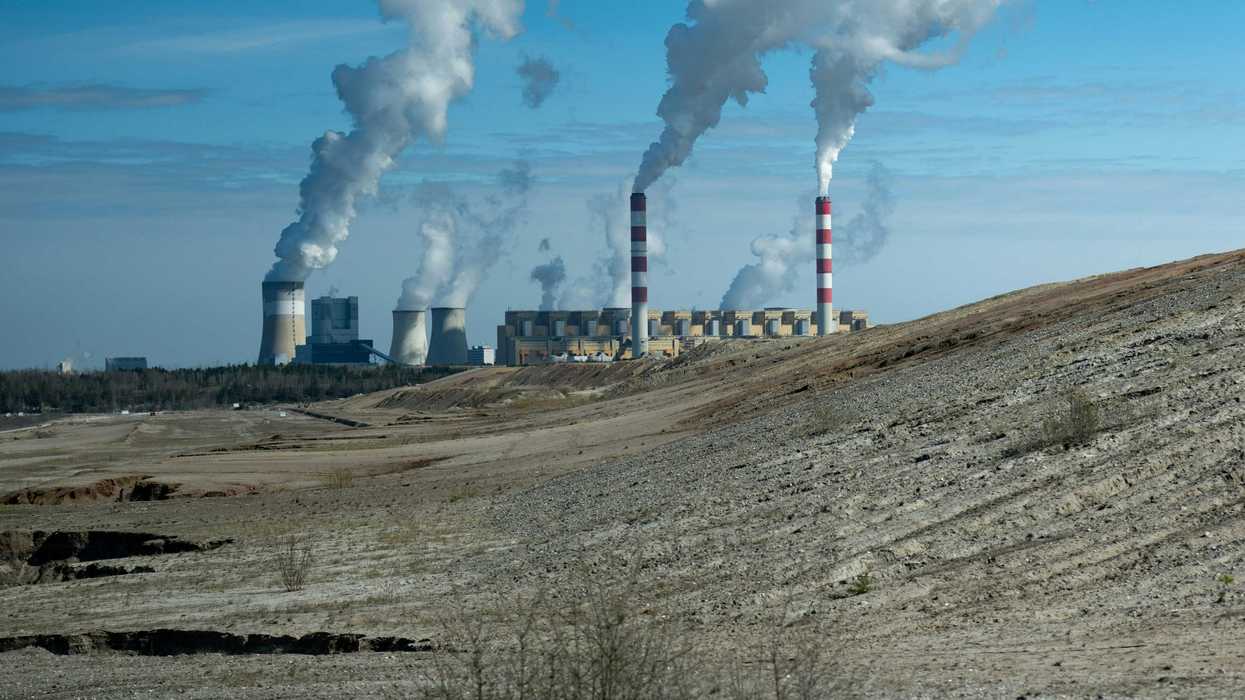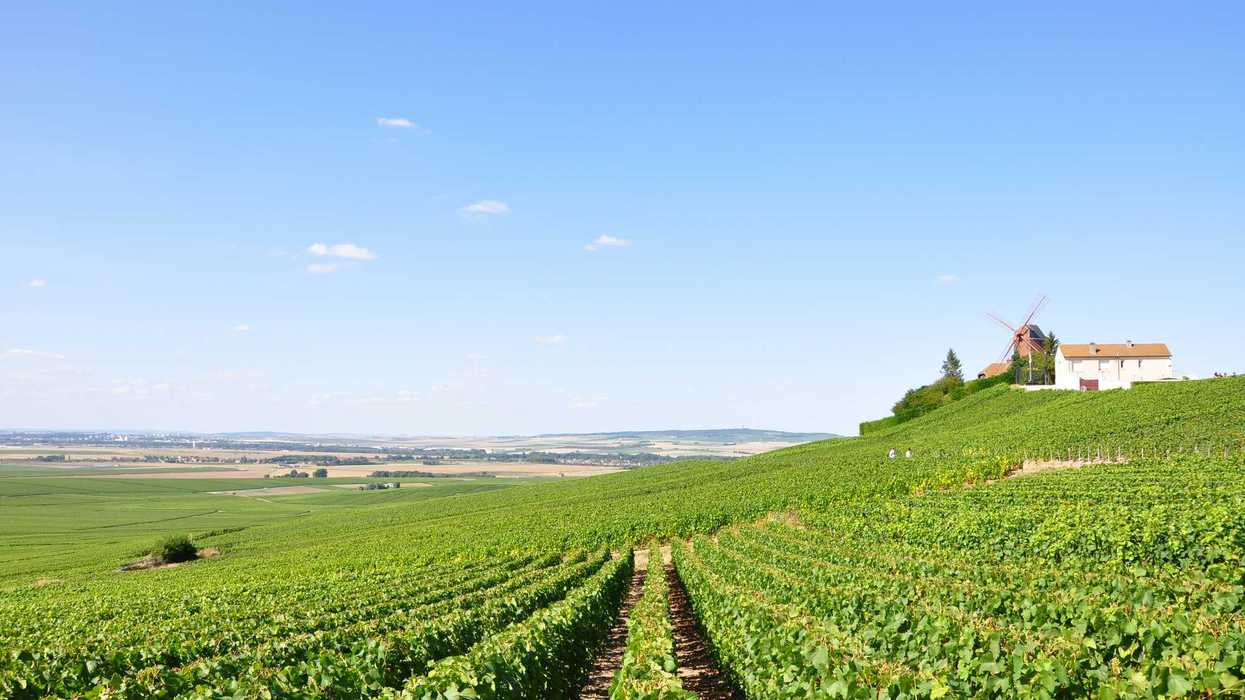In the forested mountains of Shikoku Island, the tiny town of Kamikatsu has become a living experiment in how far a community can go to recycle, repurpose, and rethink its relationship with waste.
Florentyna Leow reports for Atmos.
In short:
- Kamikatsu, Japan’s first zero-waste town, requires residents to sort their trash into 45 categories and achieved an 81% recycling rate — far above the national average.
- Its waste system is deeply rooted in community effort, but challenges persist, including elderly accessibility, rising waste volumes, and a shrinking population.
- Despite obstacles, a wave of young transplants drawn by Kamikatsu’s environmental ethos are helping to sustain and evolve its vision of sustainable living.
Key quote:
“Something about it shocks people into thinking about the composite parts of waste.”
— Kana Watando, co-founder of INOW
Why this matters:
As the global waste crisis worsens, Kamikatsu shows what’s possible when a community rewires its habits from the ground up to make environmental responsibility a shared ritual. But even here, cracks are showing — aging residents struggle with the sorting demands, and like much of rural Japan, the town’s population is shrinking. Still, Kamikatsu has become something of a pilgrimage site for eco-dreamers, with young newcomers helping reimagine what a sustainable life can look like when it’s built from the ground up. Can the rest of the world learn something from it?
Read more: Zero- and low-waste businesses band together against plastic pollution.














